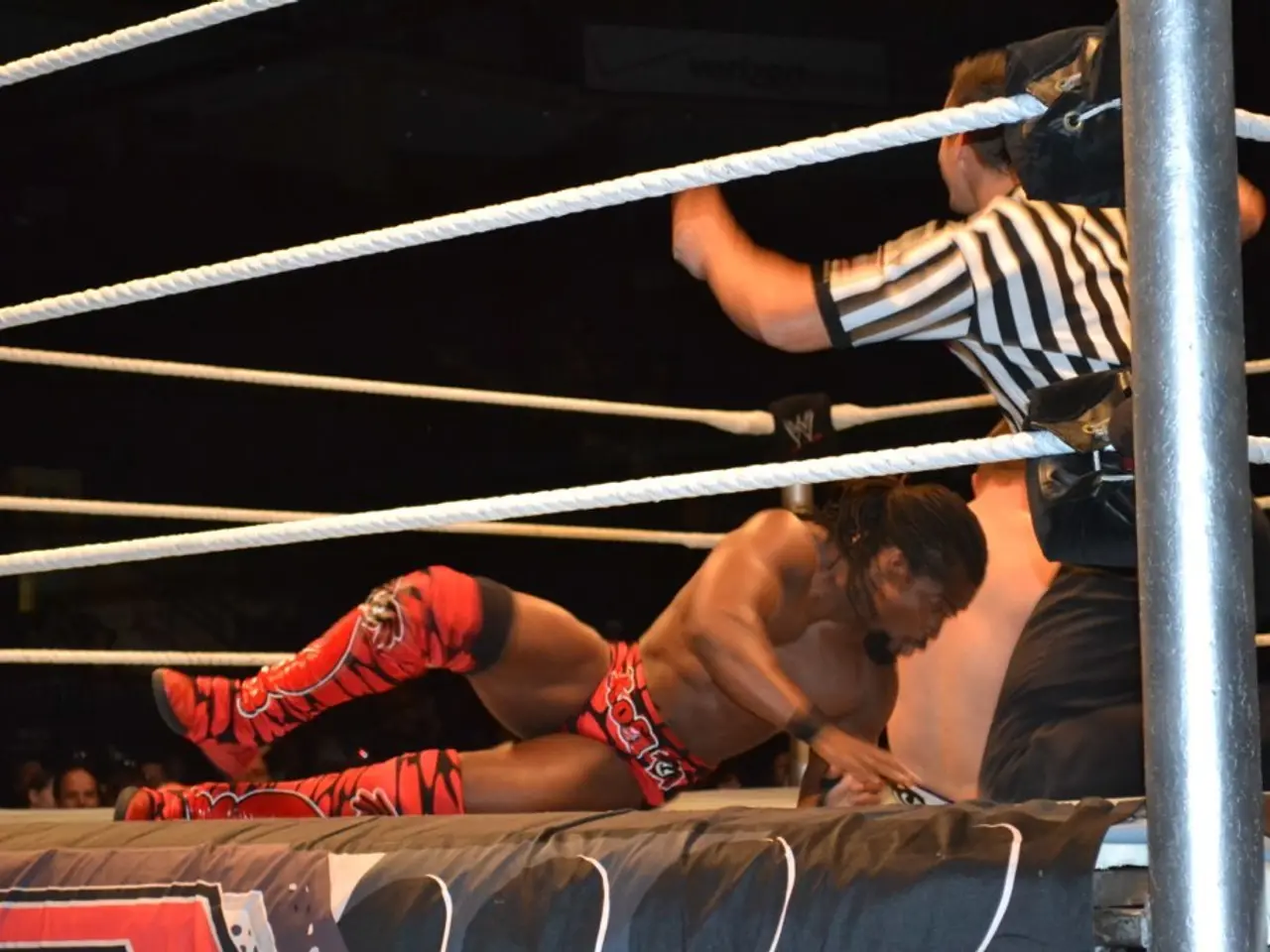Trump's proposed 25% tariff on Indian goods could potentially restructure international trade relationships between the U.S. and India.
The ongoing India-US tariff dispute, which escalated significantly in early August 2025, revolves around disagreements over market access, particularly in the sectors of agriculture and dairy. This development, announced by former President Trump, follows deepening tensions driven by the US trade deficit with India and India's continuing energy and defense ties with Russia despite US opposition.
The US imposed a 25% tariff on Indian imports, effective August 1, 2025. This move complicates the longstanding India-US strategic partnership, which has largely centered on counterbalancing China’s regional influence. India now faces a diplomatic challenge balancing its energy and defense cooperation with Russia against preserving its critical but now strained alliance with the US.
The tariff escalation impacts broader trade priorities by increasing costs for American businesses reliant on Indian imports, particularly in pharmaceuticals. Meanwhile, India resists US demands for greater access to sensitive sectors like agriculture and dairy, essential to its domestic political calculus. This impasse suggests limited short-term concessions, with India adopting a cautious "wait and see" approach, counting on either a softening US stance or a new equilibrium to emerge.
A key issue in these negotiations is India's refusal to allow imports of beef, genetically modified crops, and dairy products sourced from animals fed on animal-based feed. Supporters of India's firm stance argue the need to shield vulnerable farmers from the effects of global price shocks and subsidised imports. On the other hand, critics argue that India's resistance to opening up agricultural markets could cost India a valuable opportunity to diversify exports and tap into US consumer demand.
The tariff dispute is emblematic of a shifting global order, where nationalism, economic self-reliance, and cultural considerations increasingly dictate international relations. India holds firm on its stance not to import genetically modified crops, citing potential harm to small farmers and the need to prioritize rural welfare and national interest.
Geopolitically, this dispute risks driving India closer to China and Russia, potentially strengthening alternative energy and financial trade networks that circumvent US influence, thereby challenging the dollar's primacy in global markets. China’s more significant economic leverage in similar disputes with the US could embolden such realignments, reflecting a potential fragmentation of global trade and strategic blocs.
India is preparing to face the tariff wave head-on, betting on long-term strategic parity over short-term economic gains. Talks over a bilateral mini-deal are ongoing, with a likely announcement in September or October. Post-deal, negotiations to reduce or revise tariffs could be initiated.
Despite the challenges, it's worth noting that India's exports to the US grew to $86.51 billion in 2024-25, making the US India's largest trading partner for the fourth year running. The ideological clash between market liberalisation and cultural preservation is a key factor in the India-US tariff dispute.
In summary, the 25% US tariff on Indian imports has heightened trade tensions, risking disruption of bilateral cooperation, complicating domestic policy decisions in both nations, and potentially reshaping geopolitical alignments in Asia and beyond.
- Despite the escalating India-US tariff dispute, sports diplomacy remains an untapped avenue for fostering better relations between the two countries.
- As the tariff dispute complicates the strategic partnership between India and the US, it is crucial for both nations to explore other channels of mutual cooperation, such as sports and cultural exchange programs.








